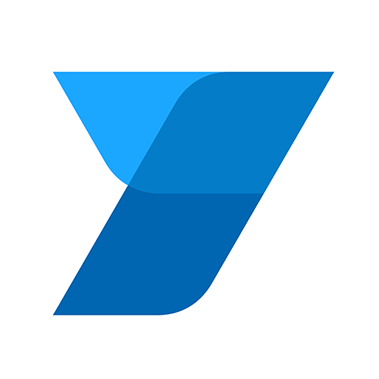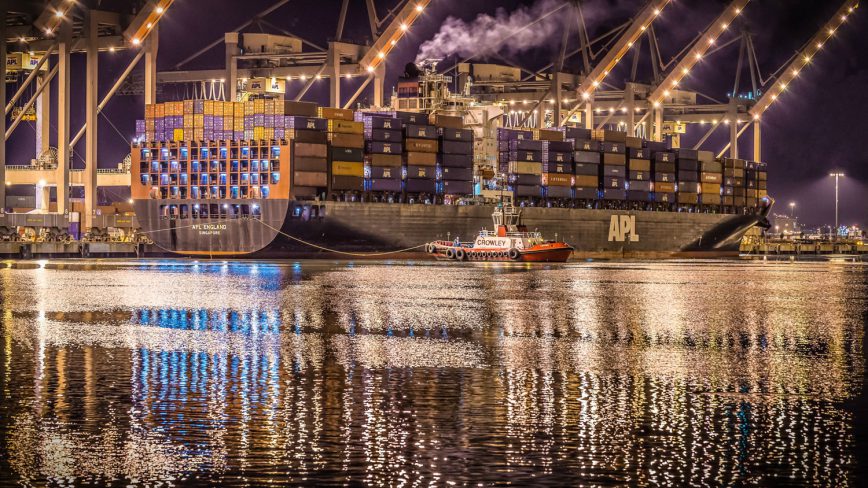International businesses understand the importance of cash flow. Without access to liquid funds, growth slows, and competitors start to take up the market around you.
Unless your business has unlimited access to working capital, cash must be sourced externally.
There are other solutions available, however, meeting the unique challenges associated with international sales and can be leveraged by partnering with trade finance providers like Stak.
Growth businesses firstly look to bank loans or equity. While each of these financial tools has its time and place within an organisation, financing overseas sales orders with either method can have drawbacks.
Growth challenges
Heading up a growing company is both exhilarating and nerve-racking.
For businesses across several industries, such as electronics, month-on-month order volume can accelerate at an increasingly exponential rate, while other companies, especially brand-focused companies, could receive a large single order that requires large capital outlay to suppliers.
Regardless of the reason, the purchase orders need to be filled. Growth businesses face two constraints related to cash flow:
- Payment to suppliers on terms to release goods
- Wait period for customer payment/s
The gap between when your supplier ships your goods to when your customer makes a payment could be three months – or longer. Luckily, where bank financing options fall short, trade finance offers a comprehensive solution to assist business growth.
How non-bank purchase order financing works
Once the buyer (end customer) confirms a purchase (sales) order, a trade finance company such as Stak provides the funds to pay the supplier.
The payment is handled directly between the supplier and the financier, often through a negotiated payment tool such as a letter of credit or direct payment depending on the strength of the supplier in any given country. The supplier benefits by having a third-party financier providing funding and in most cases guaranteeing payment upon shipping so goods can be transported without delay.
The trade finance provider often monitors or manages the logistics of the shipment port to port. Once goods arrive and reach the end customer/s, buyers will pay the finance company, in line with pre-established payment terms.
The balance of the payments, minus the financier’s fees are sent to the client’s bank account. This cycle can be repeated continuingly, often structured as a line of credit to be drawn against and repaid by continued invoicing of delivered goods.
Management of risk across borders
The benefits of partnering with a trade finance provider go far beyond providing just working capital. For any business selling across borders, there are certain risks that are increased when moving outside of domestic sales.
Trade financiers can help manage the following cross-border risks:
Country risk – There are various crises which can erupt in either the supplier’s or the customer’s country. Civil unrest, terrorism, or financial turmoil are threats to the completion of a sales transaction. Unlike traditional funding options, such as banks, non-bank trade financier such as Stak can ensure goods move across borders safely and mitigate risks of non-payment.
Commercial Risk – Bank loans often use real estate (directors personal assets) as collateral, trade financiers must rely on the creditworthiness of the supplier or the customer, depending on what type of financing you are approved for.
The additional security provided by a trade finance company could prevent potentially devastating blows to cash flow such as faulty goods, short delivery, non-payment, insolvency, shipping delays and more.
Logistics and shipping
One of the little known gems provided by trade financiers is overseeing the entire transaction/s. Since the financier has highly motivated interests in completing the transaction promptly, you can benefit from the access to important logistics information they offer.
Not only is the movement of physical goods closely monitored, but so too is the exchange of money between each counterparty.
By knowing exactly when your goods will be delivered and funds collected, your business can begin preparing the next purchase order before the current transaction is completed. The ability to constantly know you have funds to accept growing purchase orders is an asset to any business competing in today’s global marketplace needing scalable funding based purely on your ability to obtain profitable sales.
If you’re seeking additional working capital to fulfil growing sales, it’s worth exploring trade financiers like Stak for your business.
Need help raising capital? Ask Stak.
. . .
We regularly share our thoughts on trade finance, lending, company culture, product strategy, and design.
Stak works with clients that sell to some of the largest buyers in Australia & overseas.


